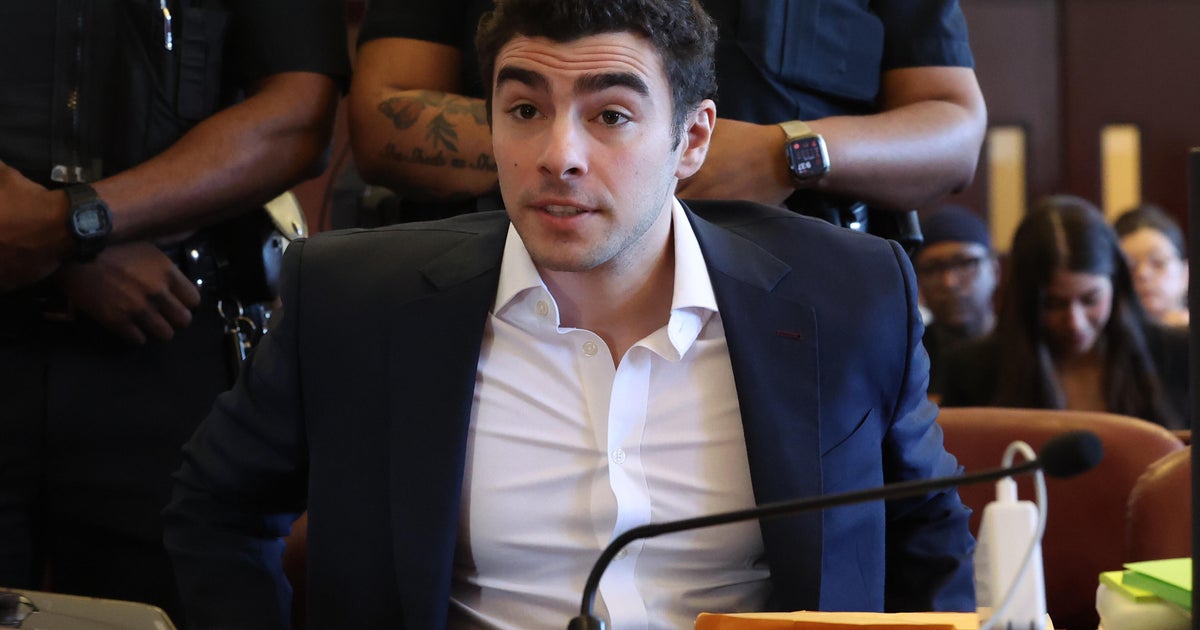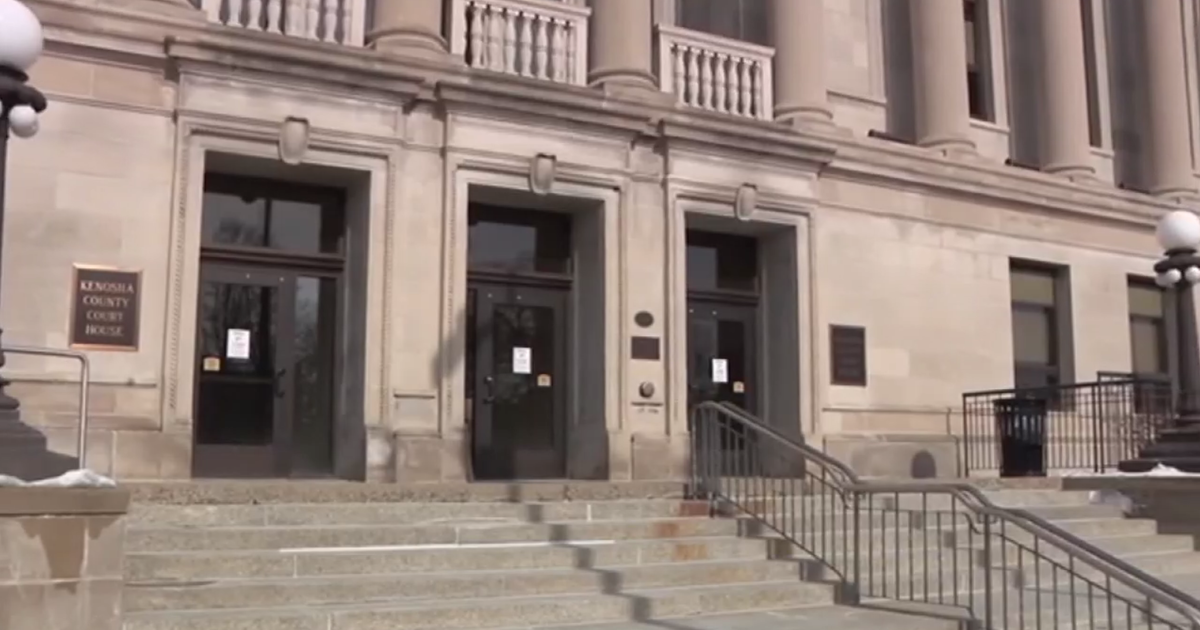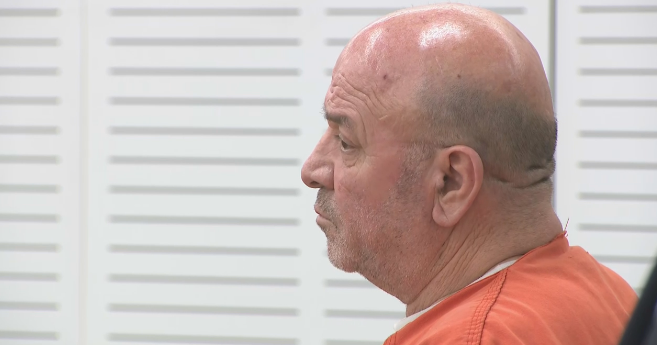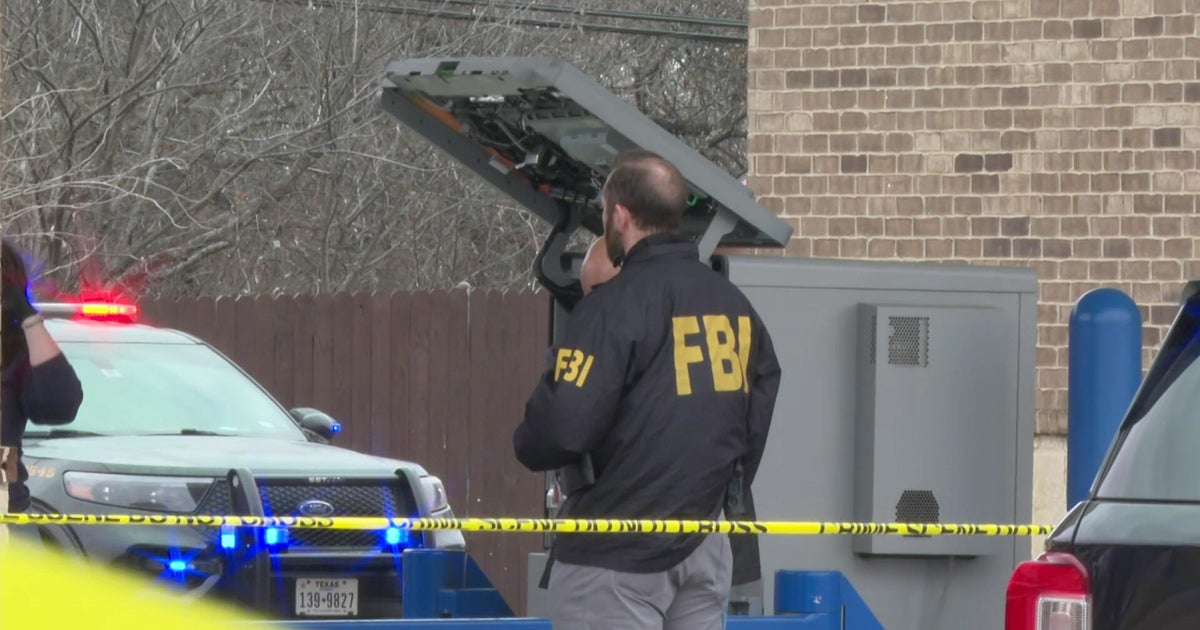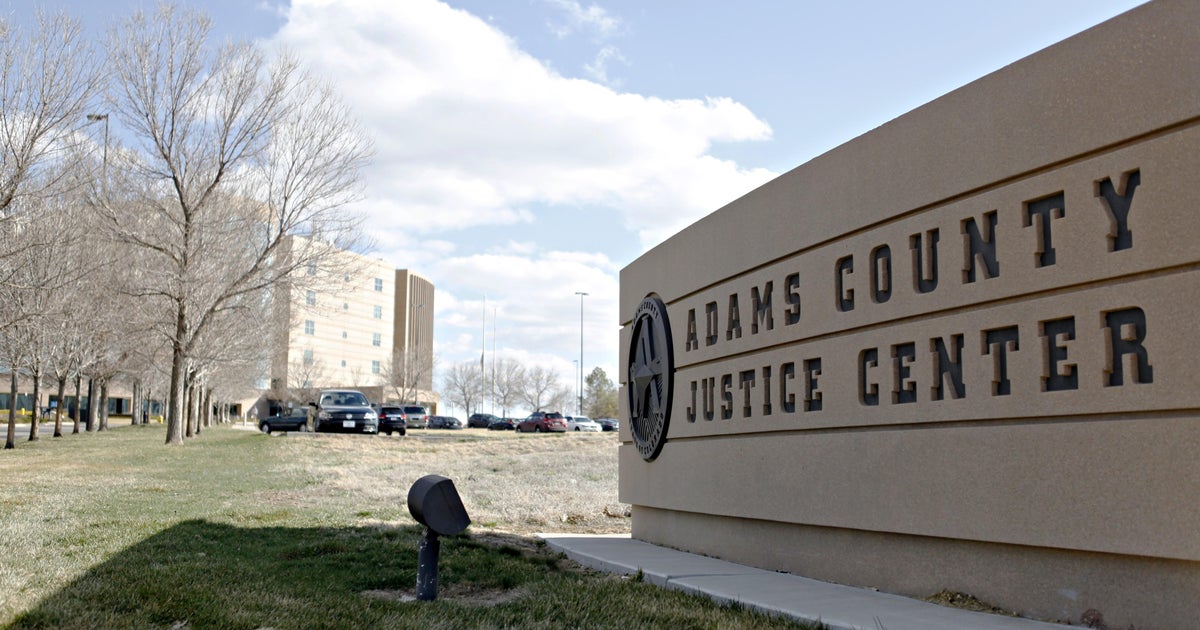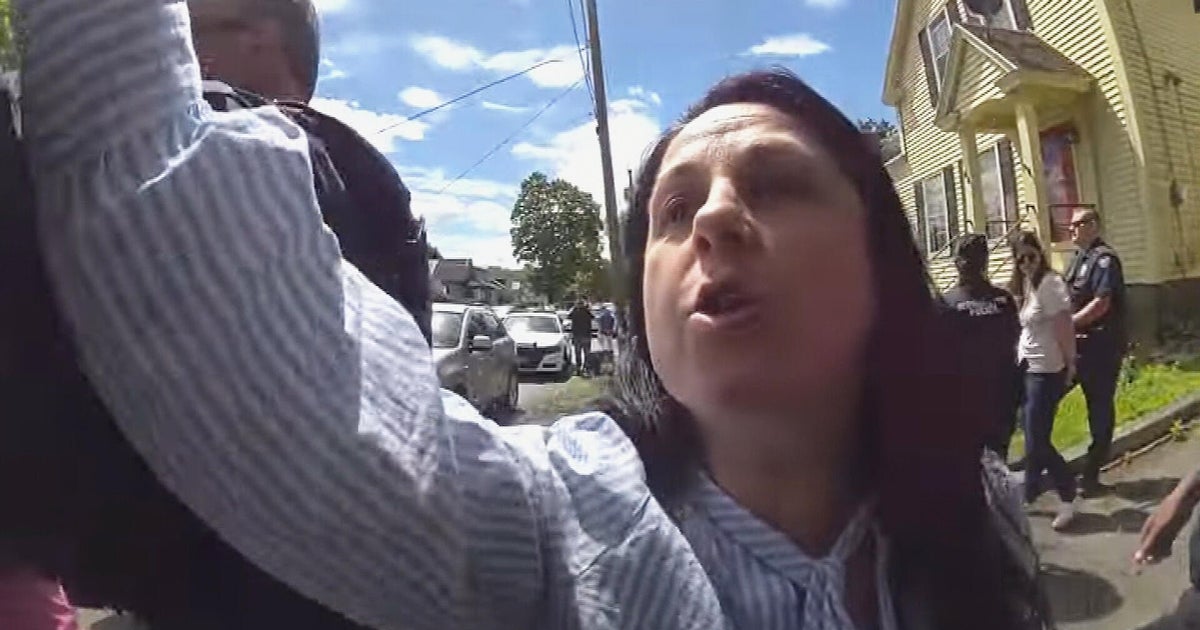Records Search May Delay WikiLeaks Court-Martial
FORT MEADE, Md. (AP) -- An exhaustive search for government records assessing the impact of the WikiLeaks disclosures could delay the court-martial of the Army private charged with causing the biggest intelligence leak in U.S. history, a military judge said Wednesday.
With the defense accusing prosecutors of sitting on evidence potentially favorable to Pfc. Bradley Manning, the judge indicated she would consider his lawyers' request for a stay of proceedings. The trial is set to begin Sept. 21.
"The court is certainly willing to entertain any good-cause motions for continuance," Col. Denise Lind said from the bench during a pretrial hearing at Fort Meade that is scheduled to continue through Friday.
Lind didn't say when she would rule on the defense motion. Manning, a 24-year-old Crescent, Okla., native, is charged with knowingly aiding al-Qaida in the Arabian Peninsula by allegedly causing hundreds of thousands of classified war logs, video clips and diplomatic cables to be published on the secret-sharing website WikiLeaks. Authorities say he downloaded the files from a Defense Department network while working as an intelligence analyst in Baghdad in 2009 and 2010.
Manning's lawyers are seeking dismissal of 10 of the 22 charges he faces.
Wednesday's debate focused in part on an FBI "impact assessment" that prosecutors first mentioned in a May 31 court
filing. Lead Prosecutor Maj. Ashden Fein said prosecutors have already given the defense nearly 9,000 pages of FBI investigative records and a draft State Department assessment of the effects of the WikiLeaks disclosures on U.S. foreign relations.
Lind grilled lead prosecutor Maj. Ashden Fein most of the afternoon about whether his team is meeting its obligation to
disclose any evidence it uncovers that could aid in the preparation of Manning's defense.
Defense attorneys have been battling for months for access to hundreds of thousands of pages of evidence that they say could help Manning's side. They say the documents they have been given by prosecutors are sometimes heavily redacted and virtually useless.
Lind didn't buy Fein's argument that with nearly 450,000 pages of such records already in their possession, Manning's lawyers are trying to delay the trial by making overly broad requests for documents. She questioned Fein sternly about how he would handle any defense-friendly information in some Defense Intelligence Agency records prosecutors are reviewing.
"Is the government going to look at this with an eye to the defense counsel?" she asked.
"We absolutely will, your honor," Fein replied.
"Are you going to hold onto it until they request it?"
"No, your honor, we will not," Fein said.]
The defense is also seeking records from the CIA, the Justice Department, the Office of the Director of National Intelligence and several other civilian and military agencies. Lead defense attorney David Coombs maintains that the classified damage assessments probably concluded the leaks attributed to Manning did little damage to national security or U.S. interests.
None of damage assessments has been publicly released.
The material Manning is suspected of leaking includes hundreds of thousands of sensitive reports on foreign governments and leaders, Iraq and Afghanistan war logs and a 2007 video clip of a U.S. helicopter crew gunning down 11 men later found to include a Reuters news photographer and his driver. As for the video clip, the Pentagon concluded the troops acted appropriately, having mistaken the camera equipment for weapons.
The U.S. government claimed the disclosures endangered lives and security. Manning supporters say the leaks exposed war crimes and triggered pro-democracy uprisings in the Middle East.
(Copyright 2012 by The Associated Press. All Rights Reserved.)
